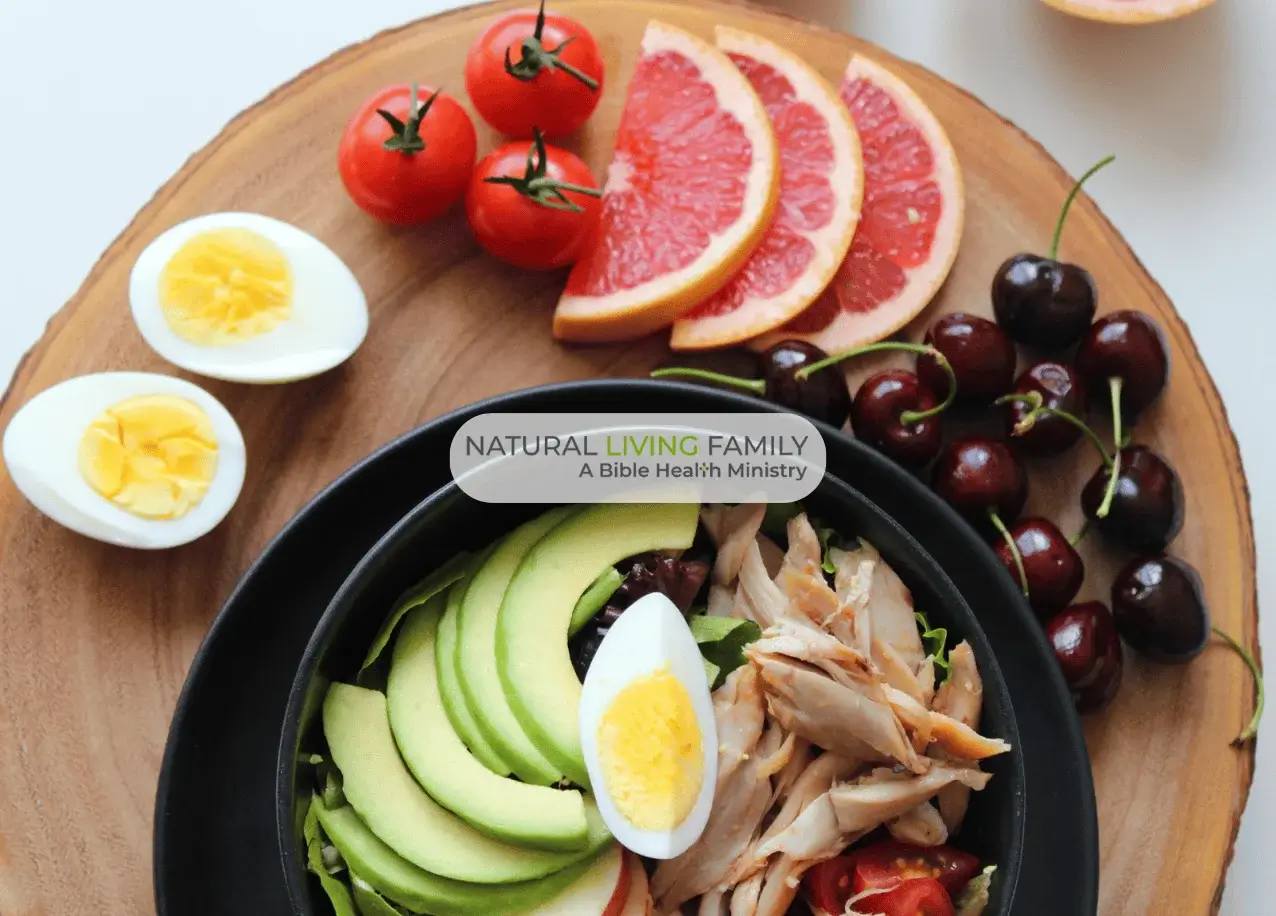Yucca (or cassava) is a nutty flavored, starchy root from South American origin that you may be surprised to know is what tapioca pearls are made from. Botanically from the spurge family, this sweet, crunchy underground tuber has been a popular edible root for centuries in many parts of Africa, Asia, and South America. In fact, cassava benefits are an indispensable part of the carbohydrate diet of millions of inhabitants living in these regions!
For all you Urban Homesteaders out there: Cassava can grow in poor soil and can withstand drought!
It is actually an important famine reserve crop in countries with unreliable rainfall. According to the Food and Agriculture Organization of the United Nations Global Cassava Development Strategy, cassava is the third most important source of calories in the tropics, after rice and corn. Millions of people depend on it in Africa, Asia, and Latin America. Subsequently, it is grown by poor farmers, many of them women, often on marginal land. This crop with its cassava benefits is vital for both food security and income generation.
Table of Contents
Health Benefits of Cassava
Cassava has nearly twice the calories than potatoes, perhaps the highest for any tropical starch-rich tubers and roots. Like other roots and tubers, cassava is naturally gluten-free. Young, tender yucca leaves are especially a rich source of dietary proteins and vitamin K, which has a suspected role in bone mass building by promoting osteotrophic activity in the bones.
Vitamin K also has an established role in the treatment of Alzheimer’s disease patients by limiting neuronal damage in the brain!
Yucca is a moderate source of some of the valuable B-complex group of vitamins such as:
- Folates
- Thiamin
- Pyridoxine (Vitamin B6)
- Riboflavin (Vitamin B2)
- Pantothenic acid (Vitamin B5)
The root is also the chief source of some important minerals like zinc, magnesium, copper, iron, and manganese for many inhabitants in the tropical belts. In addition, it has adequate amounts of potassium, which is an important component of cell and body fluids that help regulate heart rate and blood pressure.
Other health benefits cassava are linked to include
- Increased immune function
- DNA repair and protection
- Reduced frequency of migraines
- Relief from PMS
- Epileptic seizures
- Alopecia
How To Eat Cassava
Not only are tapioca pearls delicious in puddings, pies, and bubble tea, but there are several ways to incorporate cassava into your diet
- You can pan-fry them in coconut oil to make cassava chips as they do in Central and South America.
- You can bake them like how would a baked potato.
- They are also great in stir-fries, hash browns, omelets, and straight-up mashed.
- Basically, anything that you would use a potato for, you can substitute a yucca!
If you have a sweet tooth, you can always go the more traditional American route and just make some tapioca pudding.
References:
- http://www.nutrition-and-you.com/cassava.html
- http://www.foodsafety.ksu.edu/articles/533/cassava_factsheet.pdf
- http://www.healthaliciousness.com/vegetables/cassava-yucca.php











